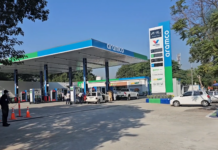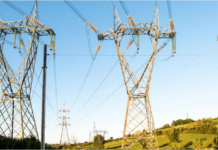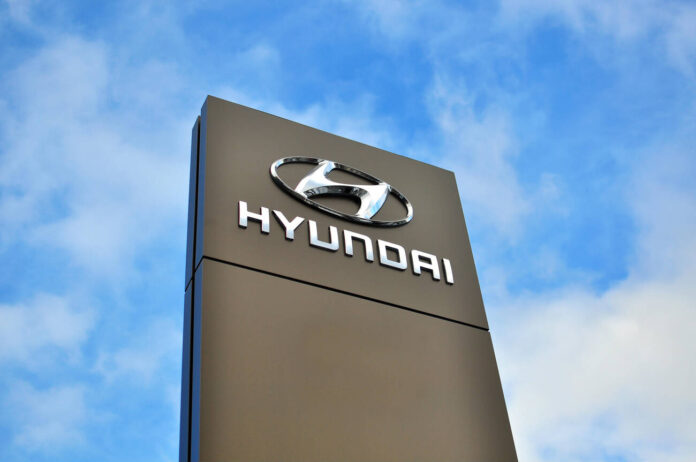South Korea’s Hyundai Motor Group, the world’s third-largest automaker, announced Thursday it plans to increase domestic investment by 19% to a record 24.3 trillion won ($16.65 billion) in 2025.
The investment aims to drive growth amid political uncertainty at home and economic unpredictability in the United States.
The group, comprising Hyundai Motor and Kia, outlined plans to allocate 11.5 trillion won for research and development, focusing on next-generation products, electrification, hydrogen fuel technology, and software-defined vehicles. An additional 12 trillion won is earmarked for production expansion, including electric vehicles (EVs) and new models, while 800 billion won is set aside for strategic initiatives such as autonomous driving.
“Hyundai Motor Group is making the largest investment ever in South Korea this year because it believes that continuous and stable investments are essential to overcome the crisis and secure future growth engines in the face of growing uncertainties,” the group stated, without specifying the nature of the crisis.
As part of the investment, Hyundai plans to establish a new plant at its Ulsan production site, adopting the hypercasting technique to streamline EV manufacturing. This process, inspired by Tesla’s gigacasting technology, involves producing major vehicle sections as large single parts to reduce costs and improve efficiency.
Hyundai Motor Group Executive Chair Euisun Chung recently cited recession and global conflicts as external risks. “In these uncertain times, maintaining a stable investment strategy is key to sustaining our growth,” he said.
Shares in Hyundai Motor rose 2.3% during early trade but closed down 0.2%, while Kia shares gained 2.3% by the end of trading. The broader South Korean market ended up slightly at 0.03%.
Hyundai and Kia aim to grow combined global sales by 2% to 7.39 million vehicles in 2025, after reporting a sales dip in 2024 and missing targets. However, at home, consumer sentiment in December saw its steepest decline since 2020, following political turmoil caused by President Yoon Suk Yeol’s declaration of martial law and subsequent impeachment.
In the U.S., President-elect Donald Trump has pledged to impose universal 10% tariffs on imports, a move that could affect Hyundai’s American operations. To address this, Hyundai began production at its Georgia factory last year, ensuring vehicles qualify for tax credits under the incumbent administration—credits Trump has vowed to scrap.
To navigate these challenges, Hyundai recently appointed Jose Munoz, its U.S. chief, as co-CEO, making him the first foreign national to hold such a position at a major South Korean conglomerate. Analysts believe the move aims to bolster Hyundai’s strategy amid shifting U.S. trade policies.
























